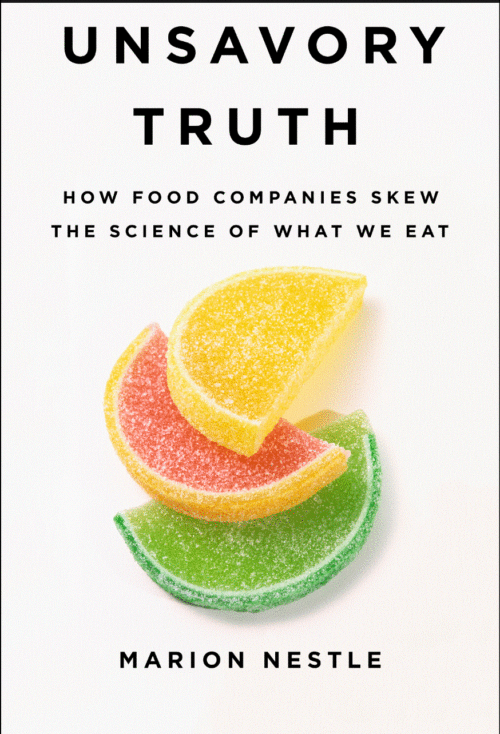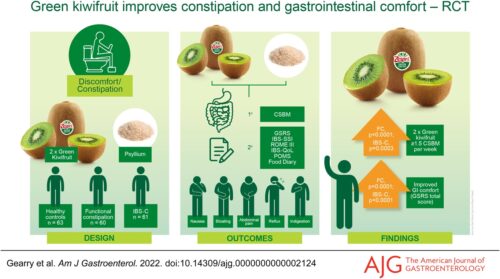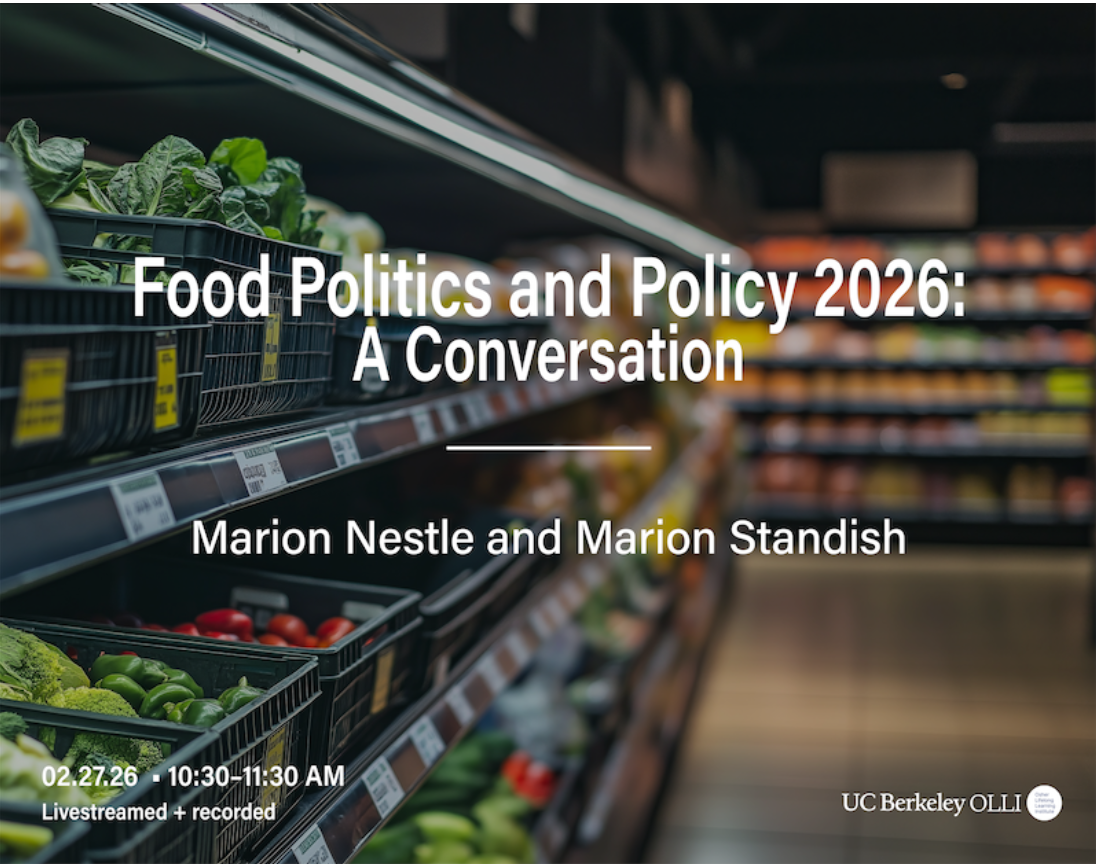Industry-funded study of the week: “Memphenol”
I learned about this one as I often do from reading NutraIngredients’ daily newsletter: RCT: Grape and blueberry extract improves cognitive health in ageing consumers.
This sounds great! I went right to the article.
The study: Effects of a polyphenol-rich grape and blueberry extract (Memophenol™) on cognitive function in older adults with mild cognitive impairment: A randomized, double-blind, placebo-controlled study Adrian L. Lopresti, Stephen J. Smith, Camille Pouchieu Line Pourtau, David Gaudout, Véronique Pallet4 and Peter D. Drummond. Front. Psychol., 29 March 2023. Volume 14 – 2023 | https://doi.org/10.3389/fpsyg.2023.1144231
Background: Polyphenols are naturally occurring organic compounds found in plants. Research suggests that their intake reduces the risk of cognitive decline and related dementias. Grapes and blueberries are polyphenol-rich foods that have attracted attention for their potential cognitive-enhancing effects.
Purpose: Examine the effects of supplementation with a standardized and patented polyphenol-rich grape and blueberry extract (Memophenol™) on cognitive function in older adults with mild cognitive impairment.
Study design: Two-arm, 6 month, parallel-group, randomized, double-blind, placebo-controlled trial.
Methods: One hundred and forty-three volunteers aged 60 to 80 years with mild cognitive impairment were supplemented with either 150 mg of Memophenol™, twice daily or a placebo. Outcome measures included computer-based cognitive tasks, the Behavior Rating Inventory of Executive Function (BRIEF-A), the Cognitive Failures Questionnaire, and the CASP-19.
Results: Compared to the placebo, Memophenol™ supplementation was associated with greater improvements in the speed of information processing (p = 0.020), visuospatial learning (p = 0.012), and the BRIEF-A global score (p = 0.046). However, there were no other statistically significant between-group differences in the performance of other assessed cognitive tests or self-report questionnaires. Memophenol™ supplementation was well-tolerated with no reports of significant adverse reactions.
Conclusion: The promising results from this trial suggest that 6-months of supplementation with Memophenol™ may improve aspects of cognitive function in adults with mild cognitive impairment. Further research will be important to expand on the current findings and identify the potential mechanisms of action associated with the intake of this polyphenol-rich extract.
Funding: This study received funding from Activ’Inside. The funder was not involved in data collection, interpretation of data, or the decision to submit it for publication.
Conflict of interest: AL is the managing director of Clinical Research Australia, a contract research organization that has received research funding from nutraceutical companies. AL has also received presentation honoraria from nutraceutical companies. SS is an employee of Clinical Research Australia and declares no other conflicts of interest. PD and VP declare no conflicts of interest. DG, CP, and LP are employed at Activ’Inside and provided the Memophenol™ and placebo capsules.
Comment: Guess what Activ’Inside makes. This study is not only funded by the maker of the supplement, but three of the authors work for the company. This is contract research. How can they say the funder was not involved? The authors may not recognize it, but the funder was involved, and deeply. How could it not be if the authors work for the company?




